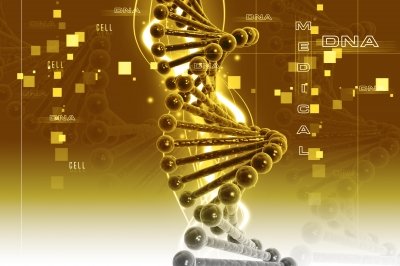
Research groups have treated more than 120 patients with different types of blood and bone-marrow cancers using gene therapy
Singapore: Over six research groups have treated more than 120 patients with many different types of blood and bone-marrow cancers using gene therapy. It started with a few patients with one type of leukemia were given this one-time, experimental therapy several years ago and some remain cancer-free today.
"It's really exciting. You can take a cell that belongs to a patient and engineer it to be an attack cell," said Dr Janis Abkowitz, blood diseases chief at the University of Washington in Seattle and president of the American Society of Hematology.
In one study, all five adults and 19 of 22 children with acute lymphocytic leukemia, had a complete remission, meaning no cancer could be found after treatment, although a few have relapsed since then. These were gravely ill patients out of options. Some had tried multiple bone-marrow transplants and up to 10 types of chemotherapy.
Cancer was so advanced in eight-year-old Emily Whitehead of Philipsburg, Pennsylvania, that doctors said her major organs would fail within days. She was the first child given the gene therapy and shows no sign of cancer today, nearly two years later.
Results on patients with myeloma, lymphoma and chronic lymphocytic leukemia were to be reported at a weekend conference in New Orleans.
The treatment involves filtering patients' blood to remove millions of white blood cells called T-cells, altering them in the lab to contain a gene that targets cancer, and returning them to the patient in infusions over three days.
"What we are giving essentially is a living drug -- permanently altered cells that multiplied in the body into an army to fight the cancer," said David Porter, a University of Pennsylvania scientist who led one study.
Several drug and biotech companies were developing the therapies. The University of Pennsylvania has patented its method and licensed it to Switzerland-based Novartis. The company is building a research centre on the university campus in Philadelphia and plans a clinical trial next year that could lead to federal approval as soon as 2016.




